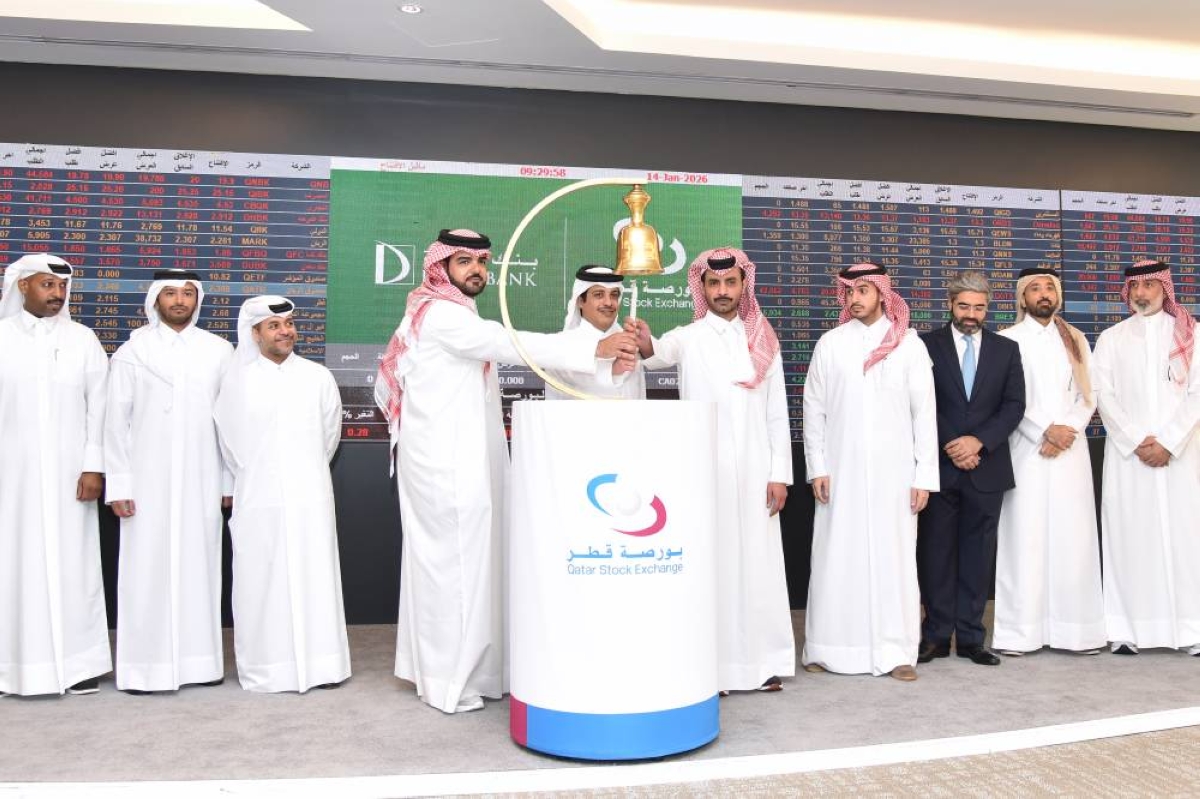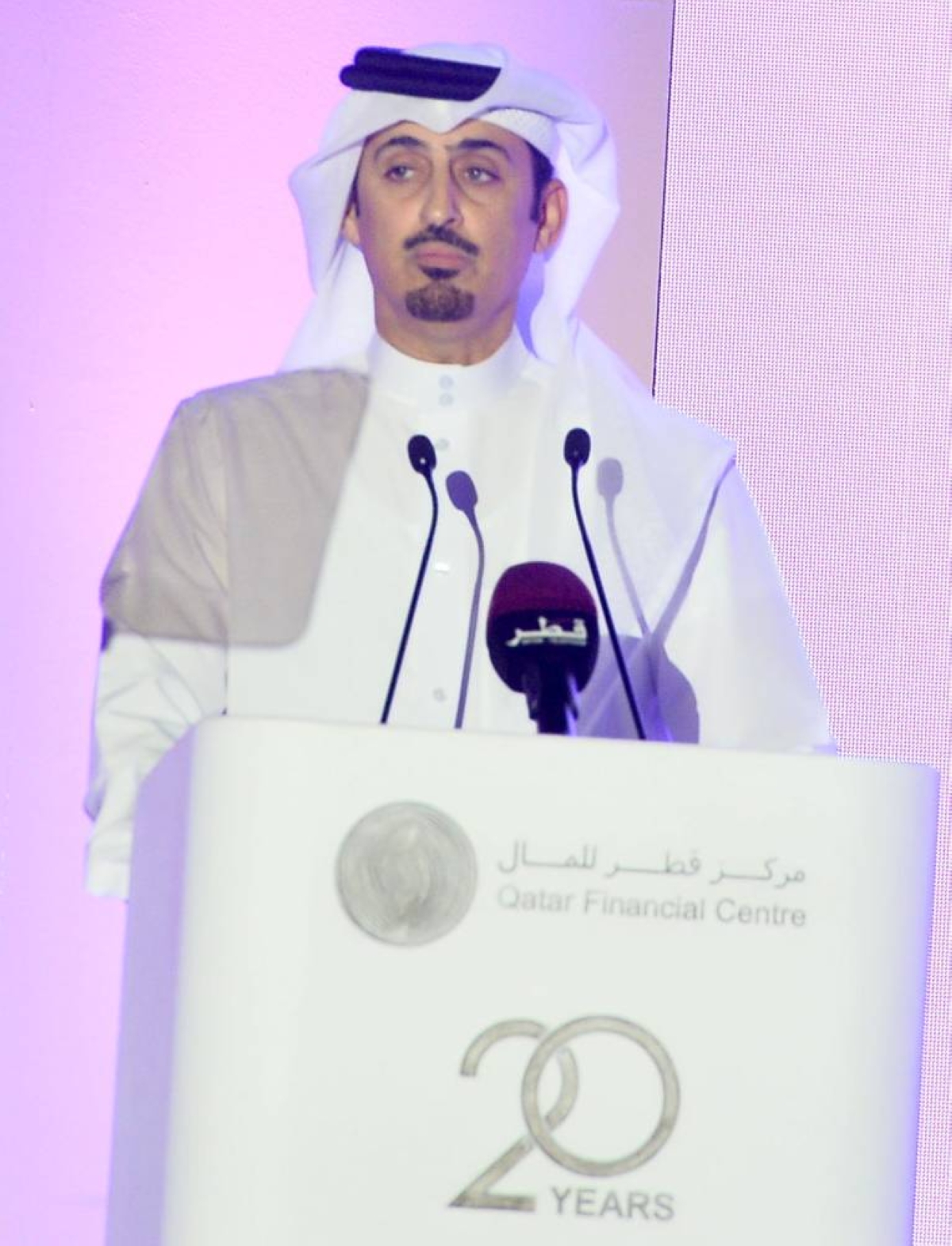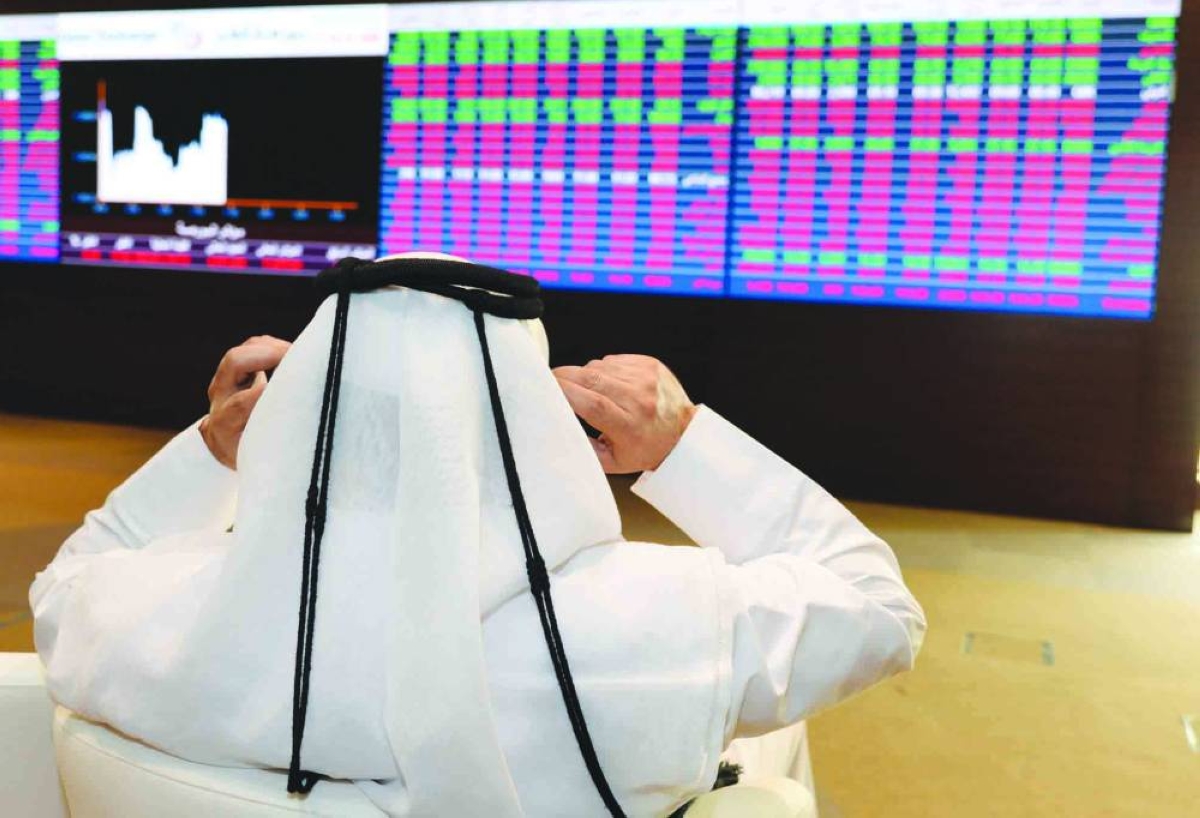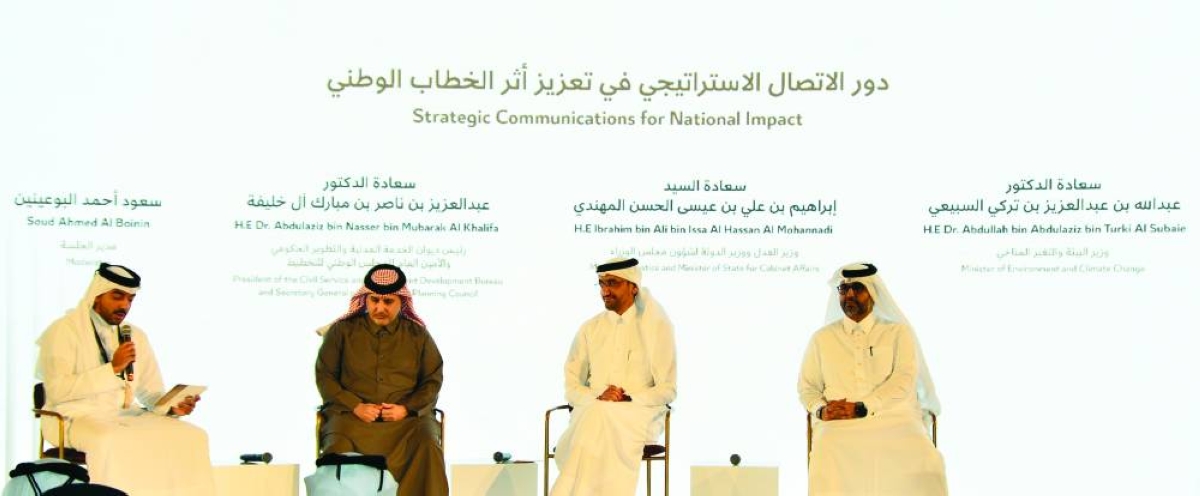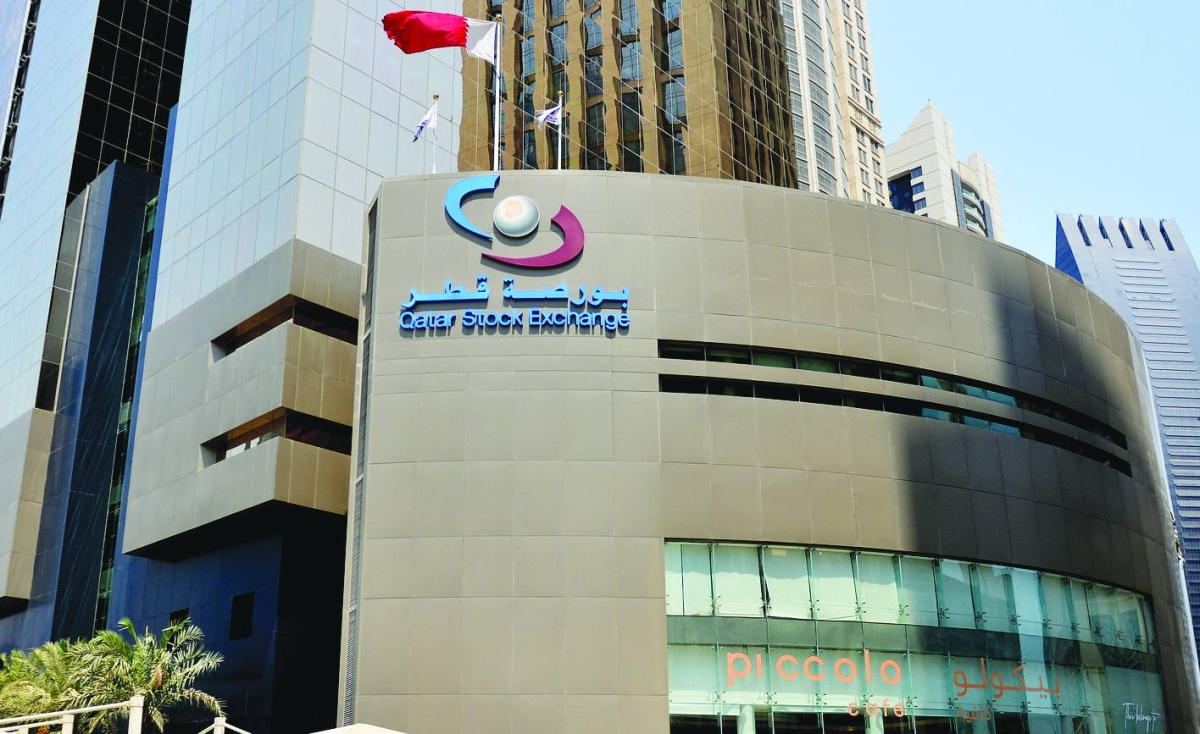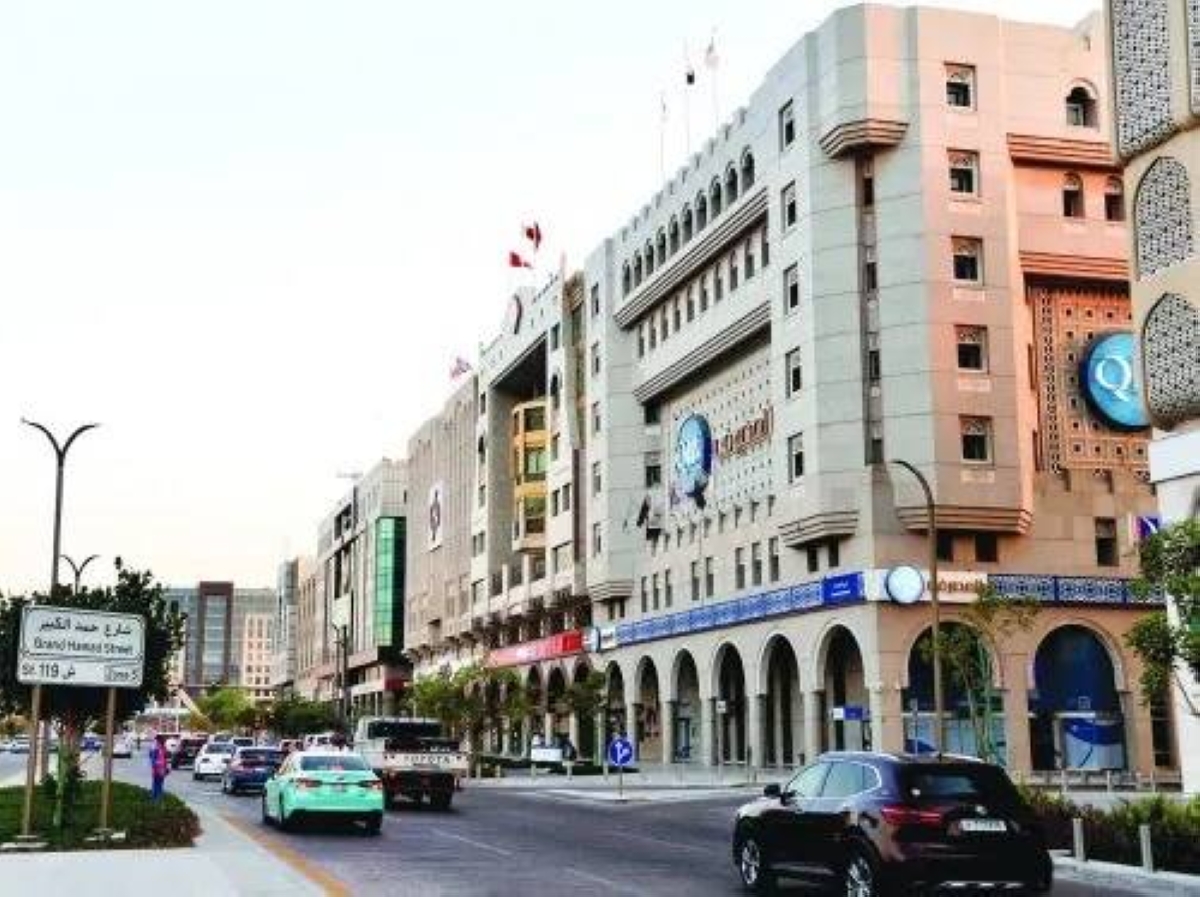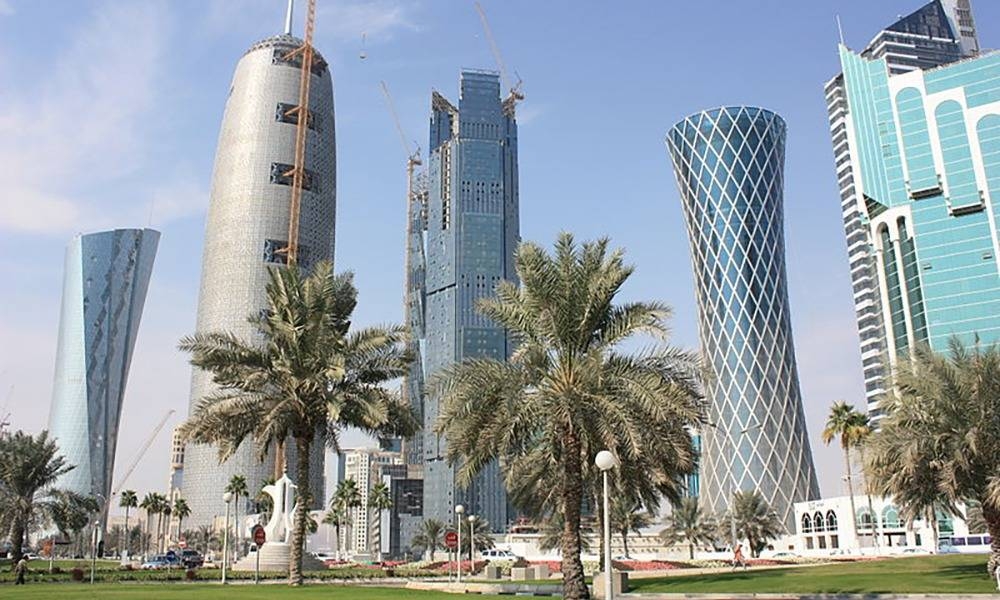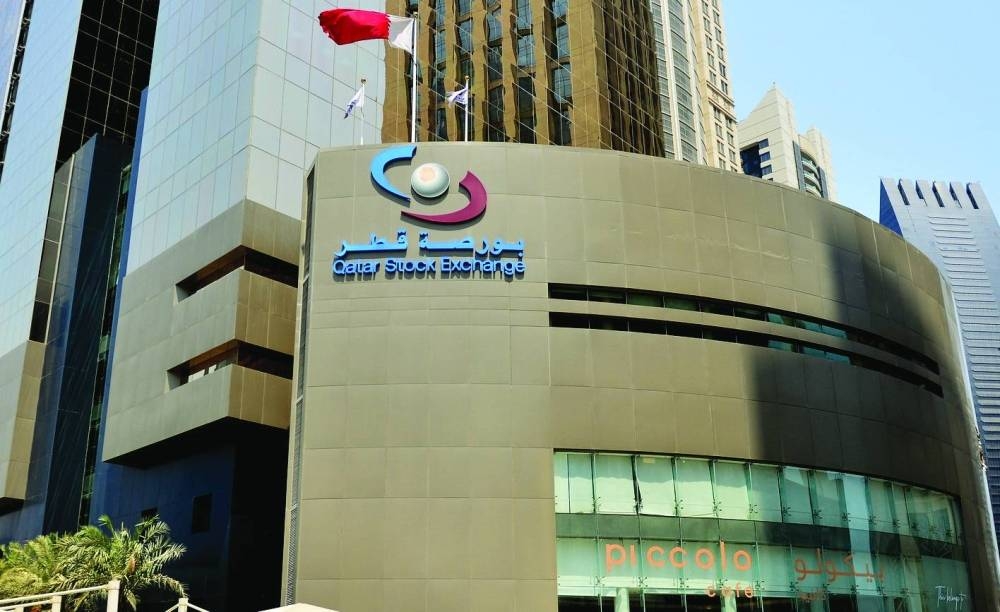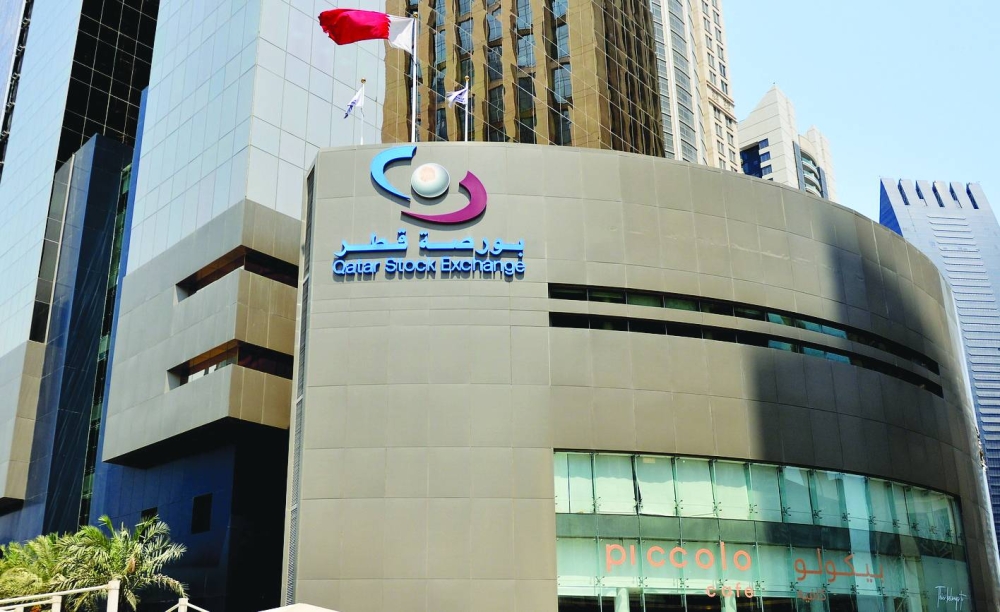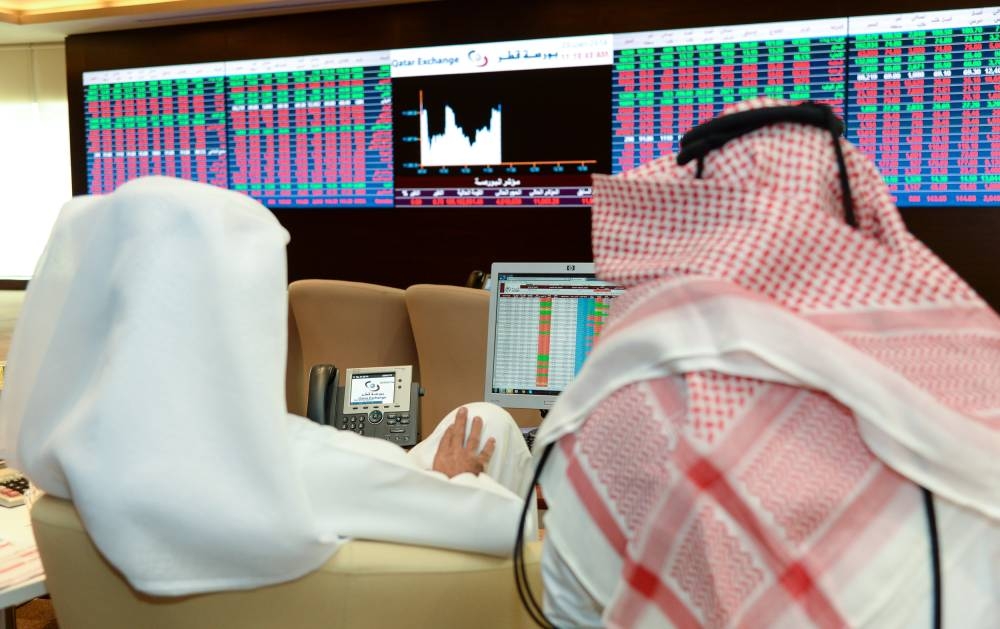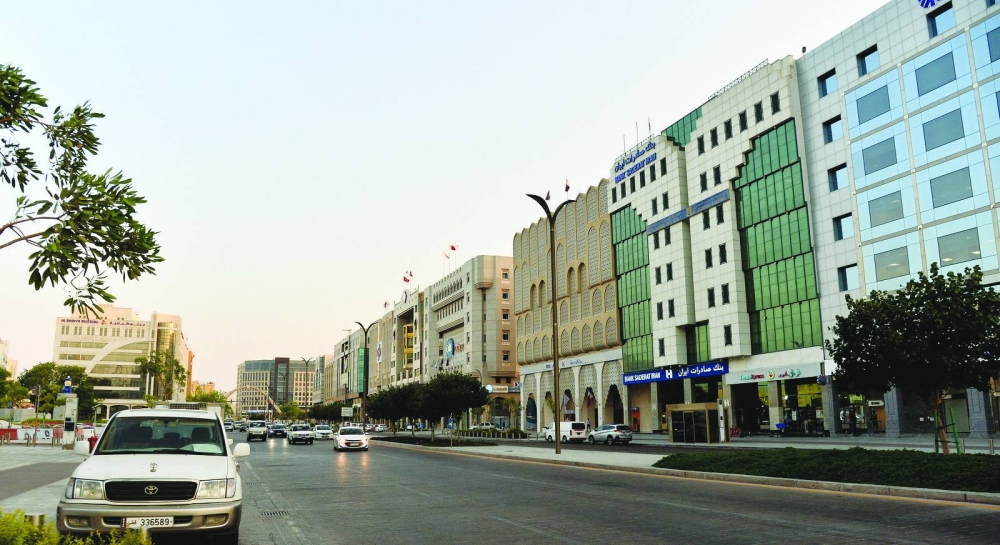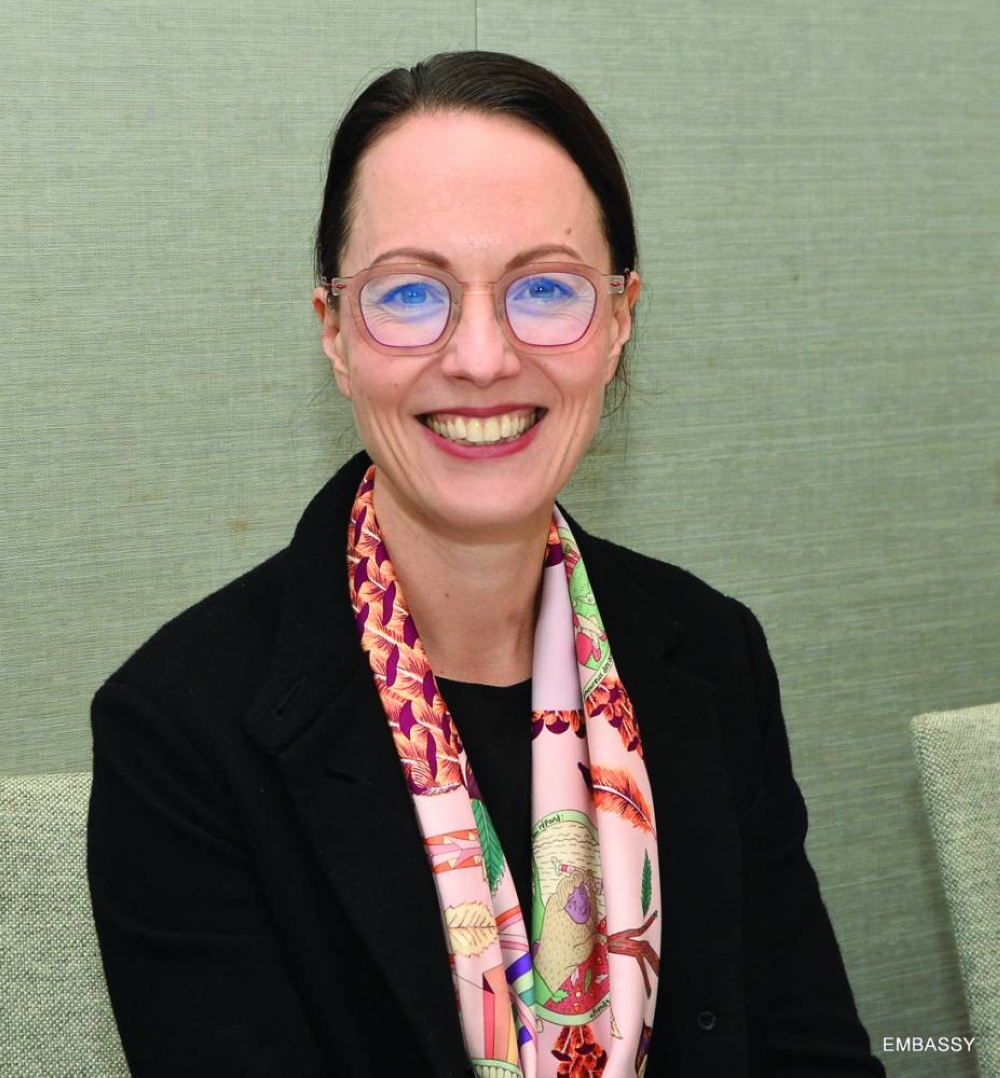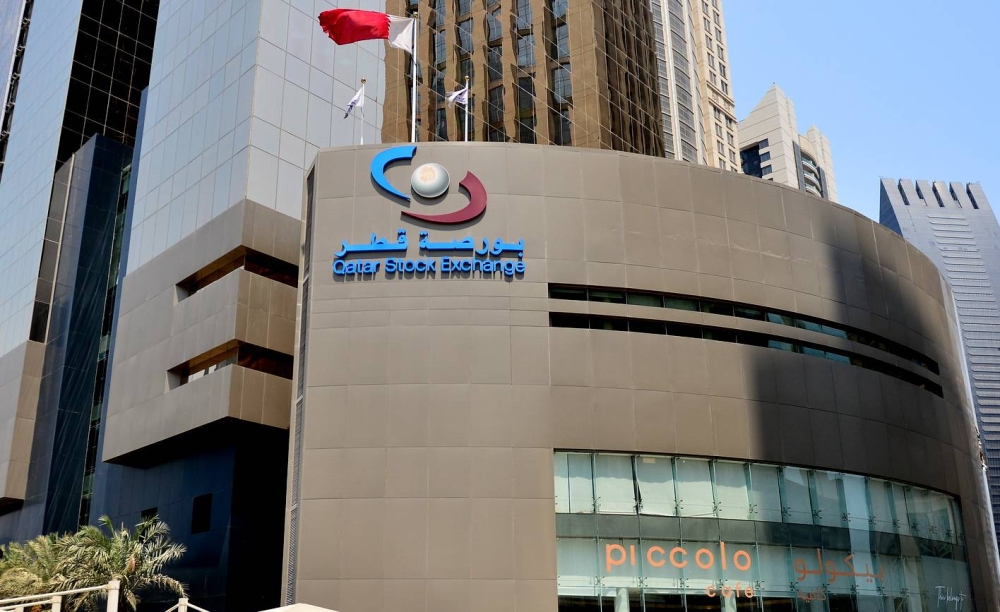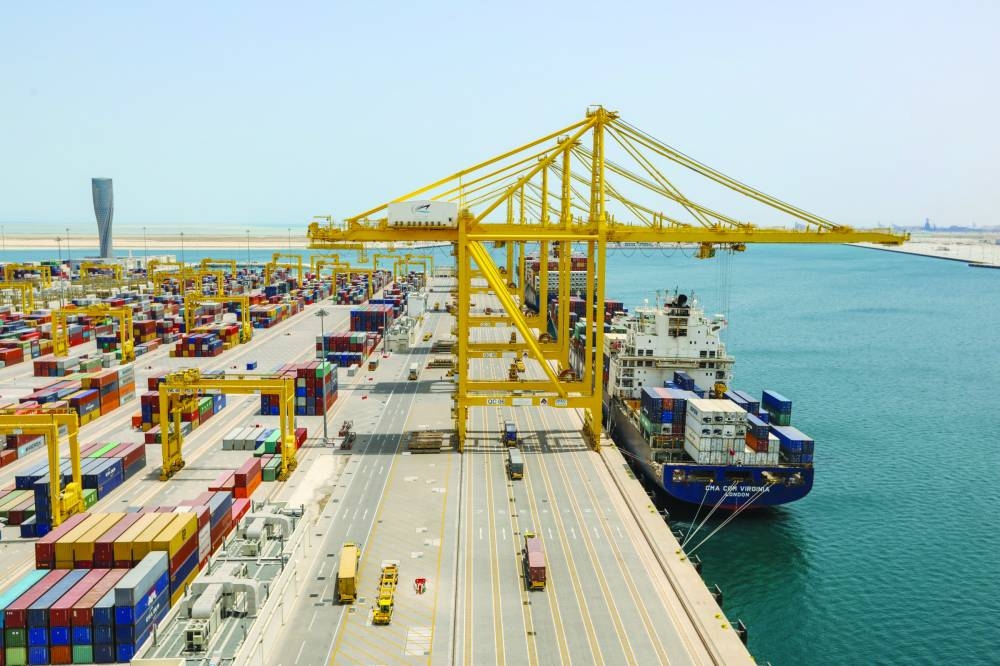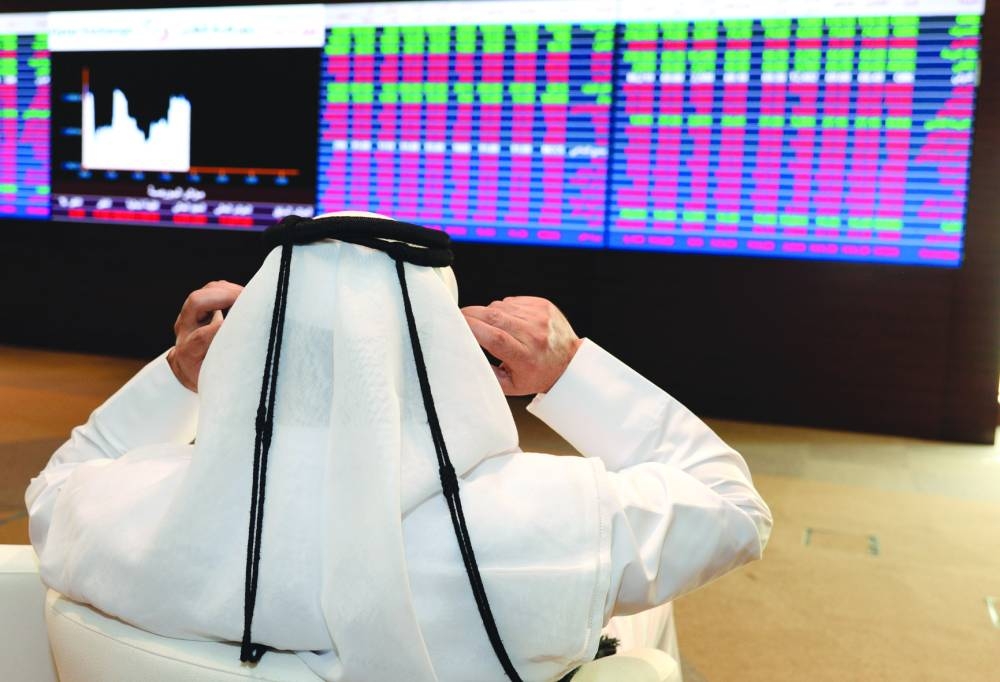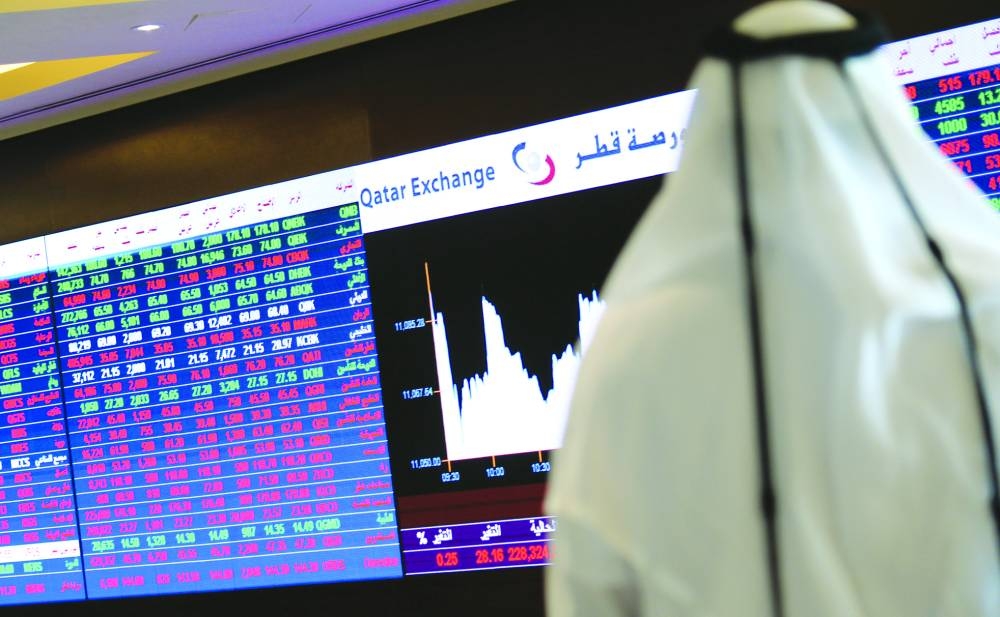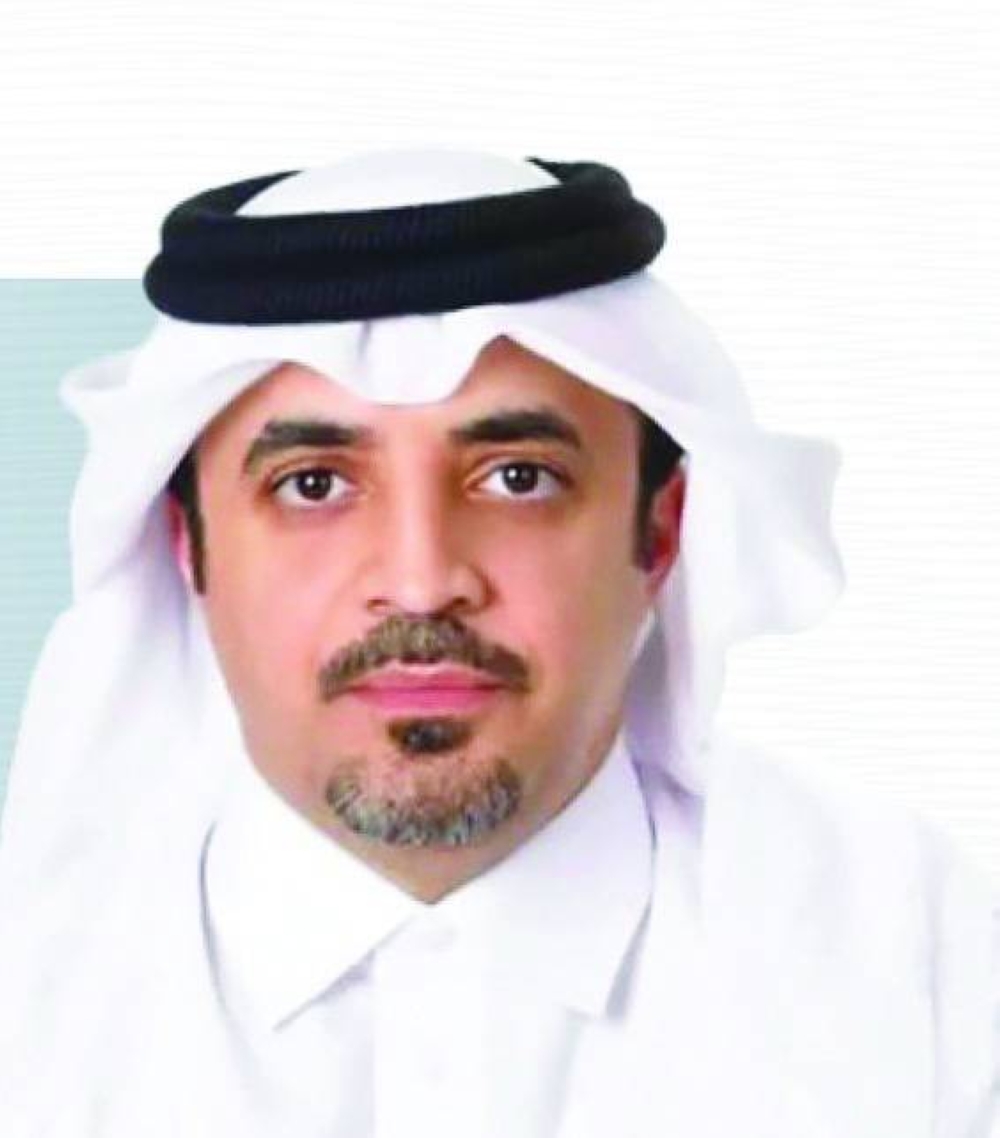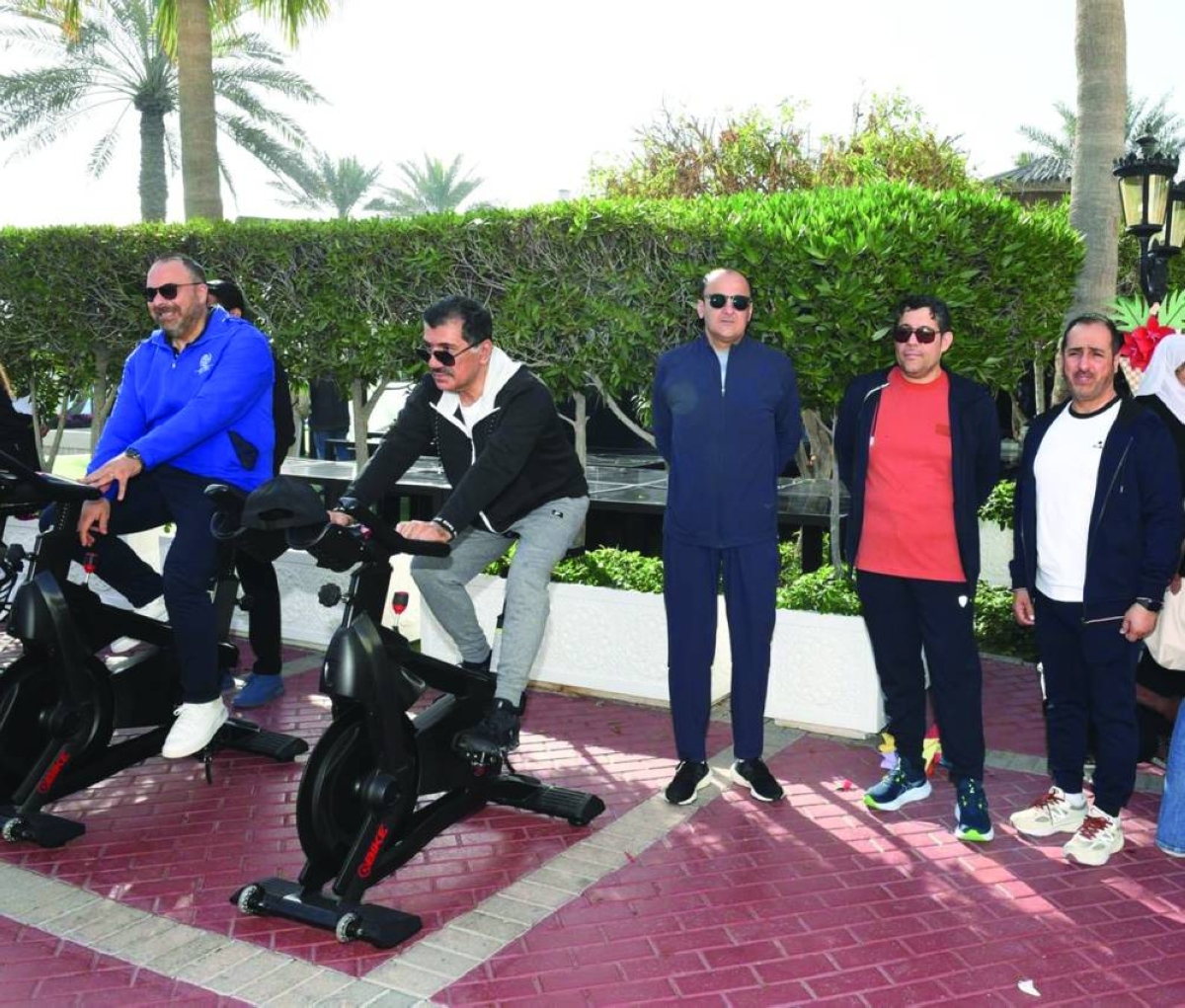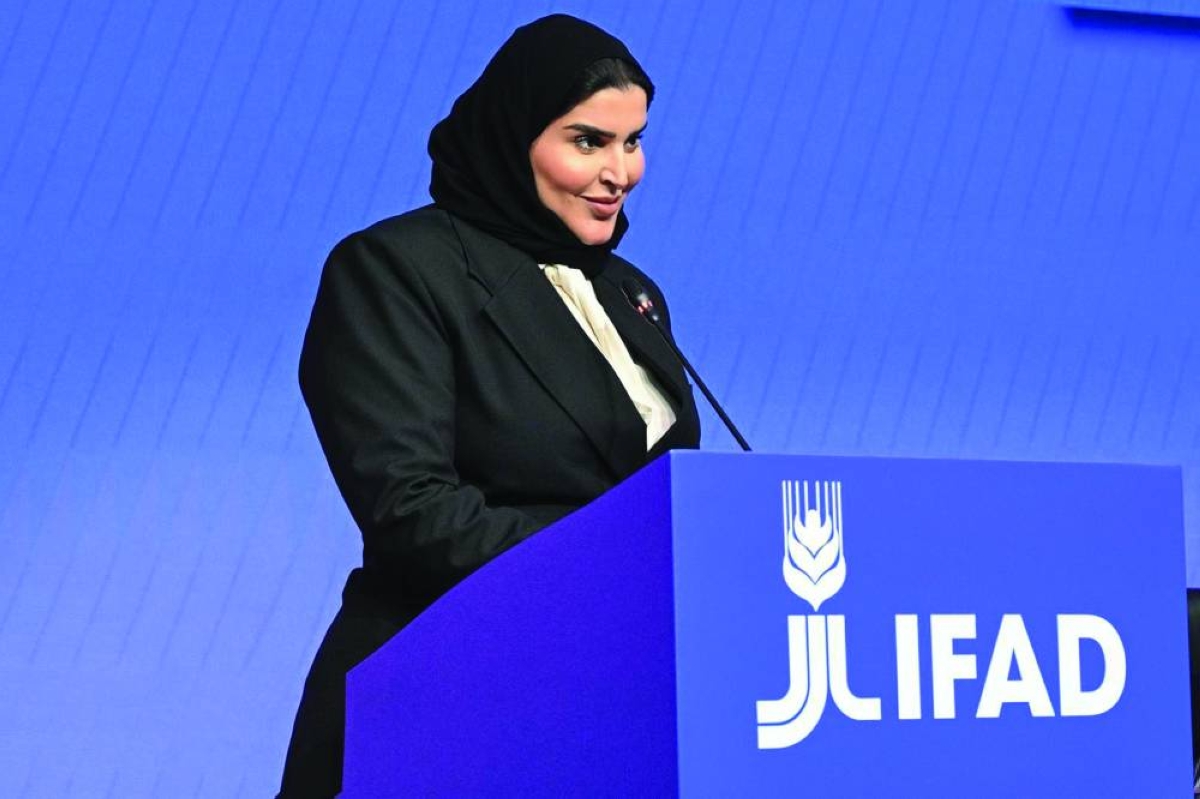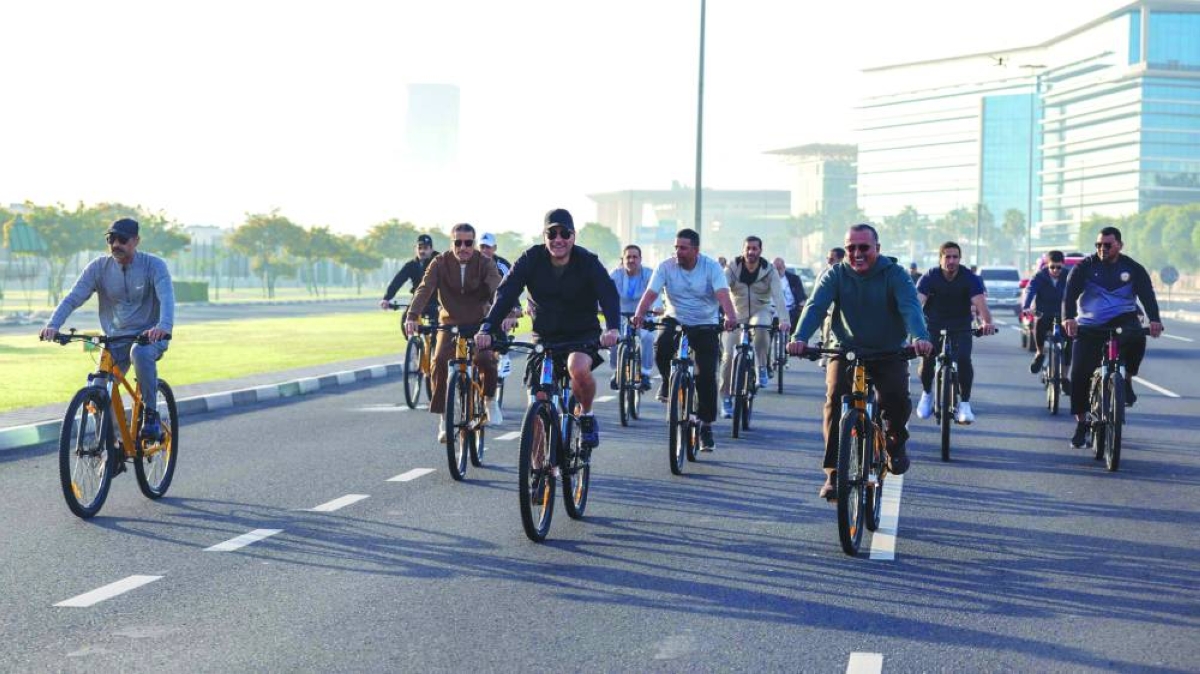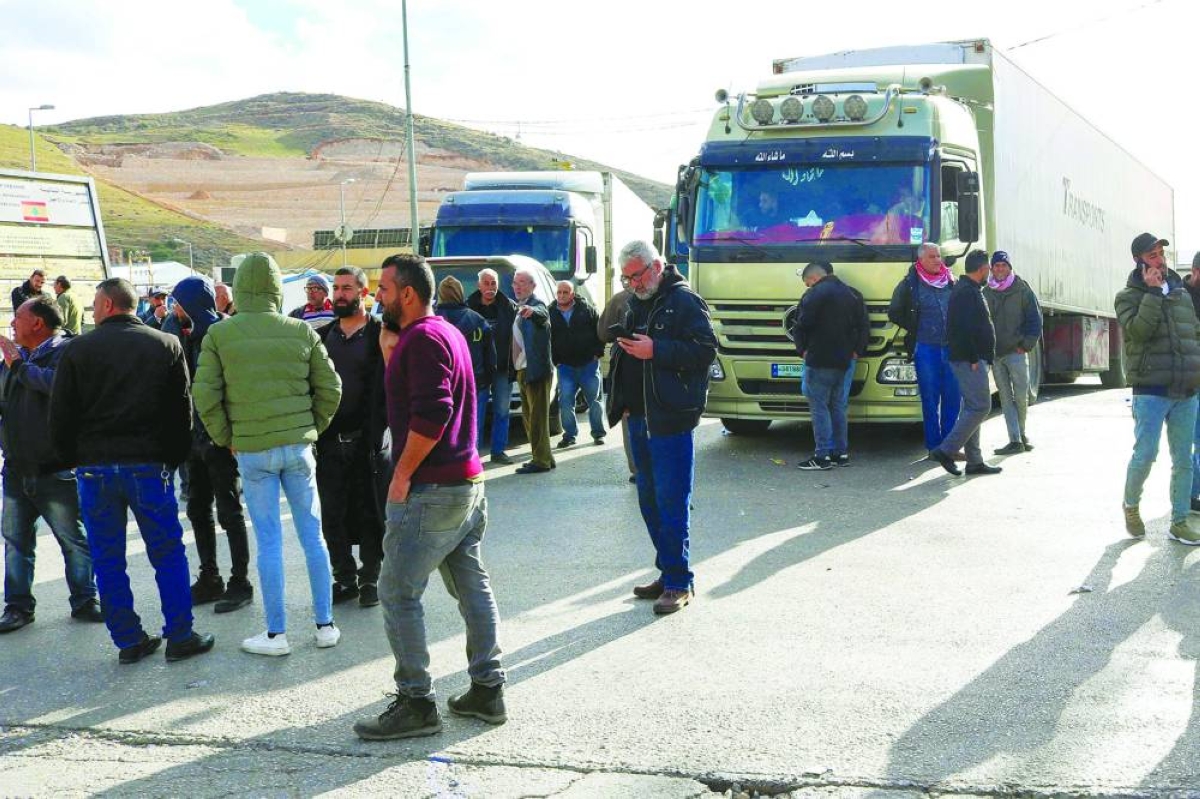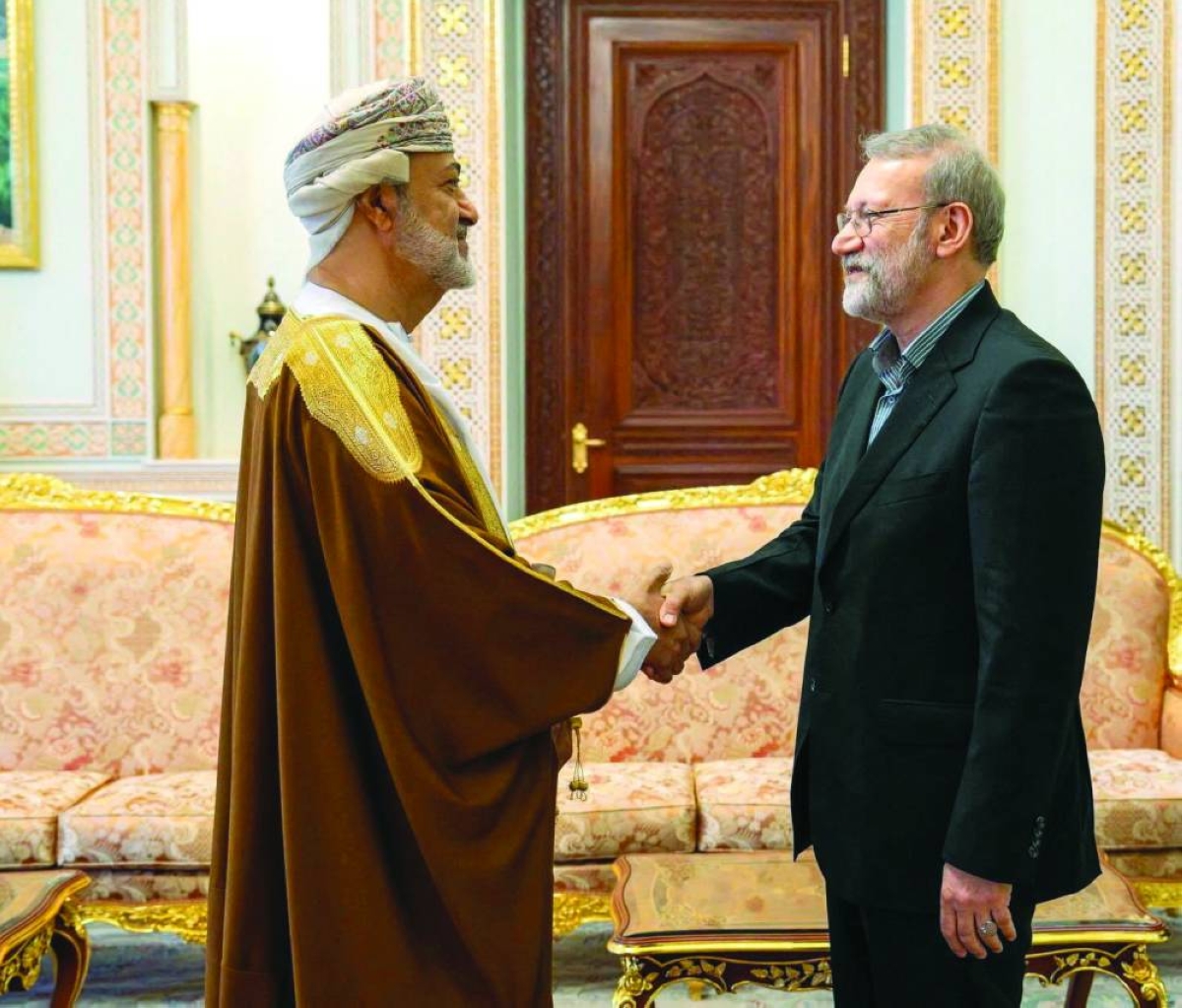The Qatar Stock Exchange (QSE) yesterday saw the advent of first sustainability-compliant banking bond in a new step aimed at deepening the capital market and enhancing the diversification of sustainable financing instruments in the country. The sustainable bond, issued by Doha Bank, has been listed on the QSE’s Debt Instruments Market. The issuance amounts to QR500mn, with a three-year tenor and a fixed annual coupon rate of 4.5%, reflecting the continued development of Qatar’s capital market ecosystem and aligning with global trends toward sustainable finance, while offering transparent and well-regulated investment instruments that meet the needs of local and international investors. The entry of Doha Bank’s sustainable bond was marked by a bell ringing ceremony attended by several dignitaries including the senior officials of the QSE and Doha Bank. This listing represents a strategic addition to QSE’s debt market, contributing to the diversification of investment products and the deepening of the market, thereby enhancing its resilience and capacity to accommodate advanced financing instruments that serve the needs of various investor segments. The issuance also enables investors to access transparent and tradable investment instruments, facilitating entry and exit within a regulated environment subject to the highest regulatory standards.“The listing of the first sustainable bond in the history of QSE represents a significant milestone in the development of Qatar’s capital market. It aligns with the Third Financial Sector Strategy and supports its core pillars, namely the development of capital markets and the strengthening of the banking sector,” said Abdullah Mohammed al-Ansari, chief executive officer of the local bourse. To Page 2

Santhosh V. Perumal
Santhosh V. Perumal, a postgraduate in Econometrics with an advance qualification in Capital Markets and Financial Services, is Gulf Times' journalist. His coverage areas are debt and equity, hydrocarbons, international trade, environment, banks, insurance and real estate. Previously, he was in New Delhi, India as Senior Finance Correspondent of PTI.
Most Read Stories

